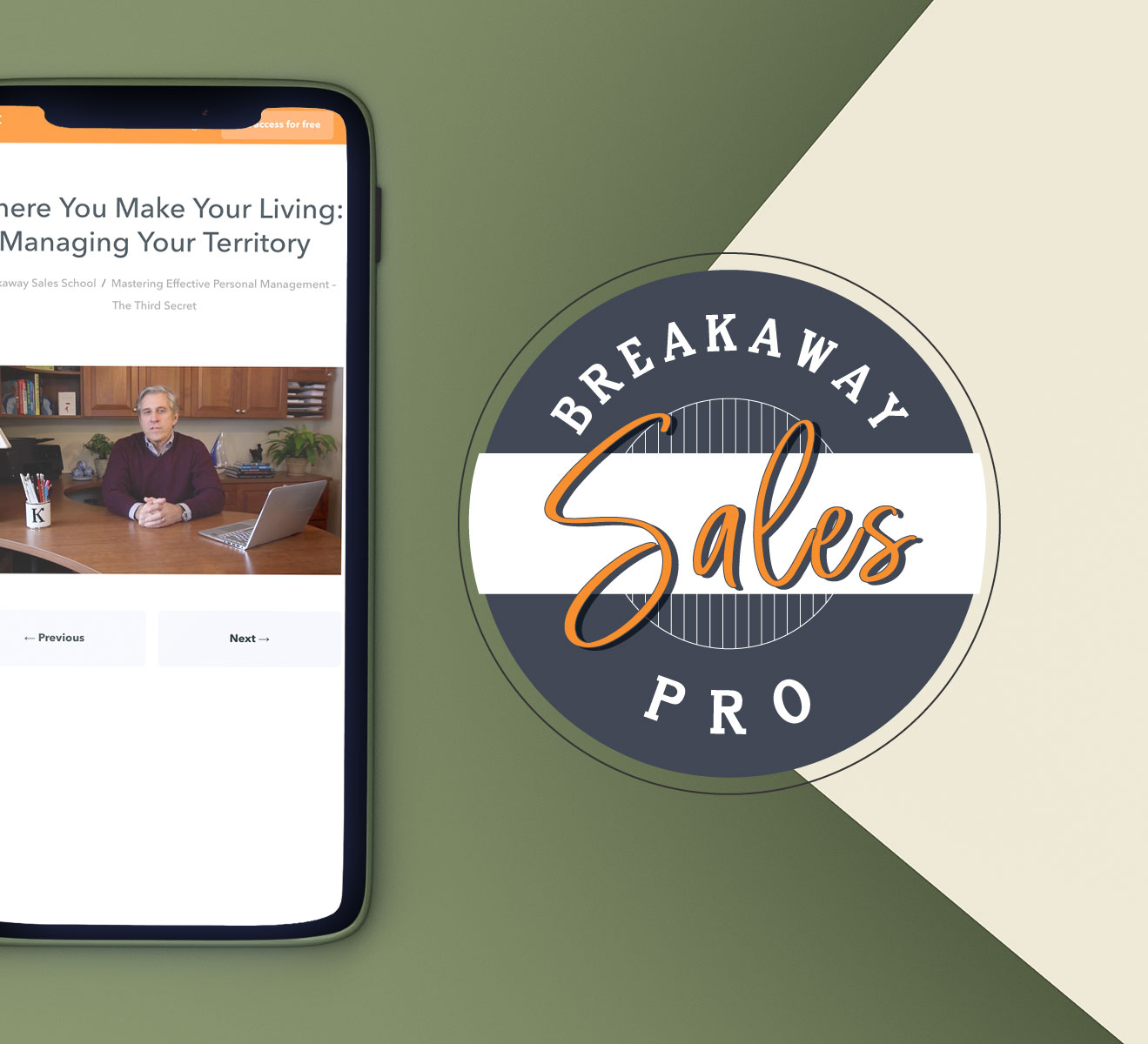Prepare your questions in advance of every sales call. The questions must fit the context and circumstances and be tailored to the individual you are calling on. Great questions showcase your skills. The quality of the question builds trust with the prospect. Sloppy questions destroy credibility. Try to ask questions that you already know the answers to…It’s like having the answers to the test.
One of the major victories in the selling cycle is getting the prospect to admit pain. We all struggle with this admission; especially to someone we don’t know very well. Eroding market share, sliding margins, poor customer service, high inventories, invalid information, high turnover all contribute to the pain felt by American business today. If you know what questions to ask, which means you know their industry, and if they are asked in the right sequence, you will find pain. But identifying pain, weakness, or vulnerability does not guarantee a sale. The fact is most business people live with their pain because they don’t believe a solution exists.
Through a series of skillful open and closed-ended questions, a salesperson can probe deeply into this pain and later steer the prospect toward a solution. Solutions begin with a vision shared between you and your prospect, which is realized through the use of your product or service. Once the prospect sees the solution, action usually follows. By helping to identify the pain and then the solution, you increase the odds that you’ll get the business rather than someone else, because prospects buy from people they like and trust.
Questions push pain buttons, clarify facts, identify decision makers, build understanding and trust, uncover competitors, determine needs, surface objections, and above all, close deals. Is there any wonder about their importance? If we know our prospect (front wheel) and the industry (back wheel), we will ask questions that we already know the answers to. It is like having the answers to the test.
The other half of questioning is listening and that is why we must prepare our questions in advance of the call. If we do not prepare, we become so wrapped up in asking the right question that we fail to listen to the answer. That’s why we have two ears and one mouth. Most of us do not listen to understand. We listen to formulate our arguments and defenses. Empathetic listening is hard work. It means I really want to know where you are coming from. I’m trying to understand why you have that point of view. And when I can accurately recite back to you what I heard you say; now we are really together. There is trust forming. Now you can offer your point of view because you have earned the right.
Above all, do your best to prepare your questions in advance of the sales call. Now you can be ready for anything, you’ll listen to the answers, and know exactly where to go next.



